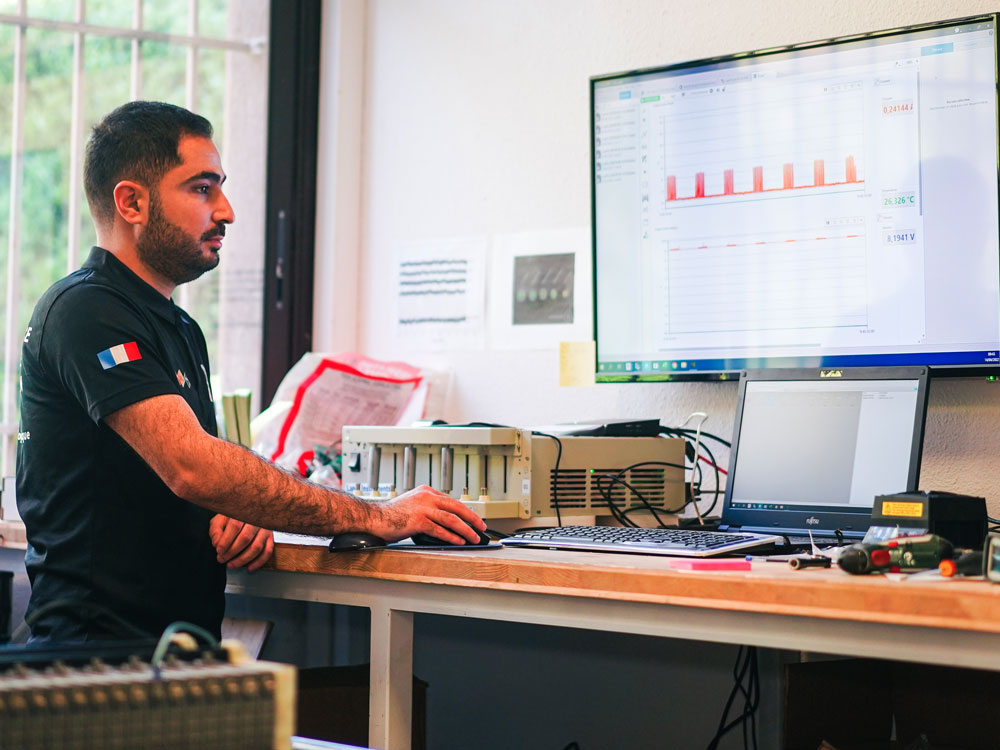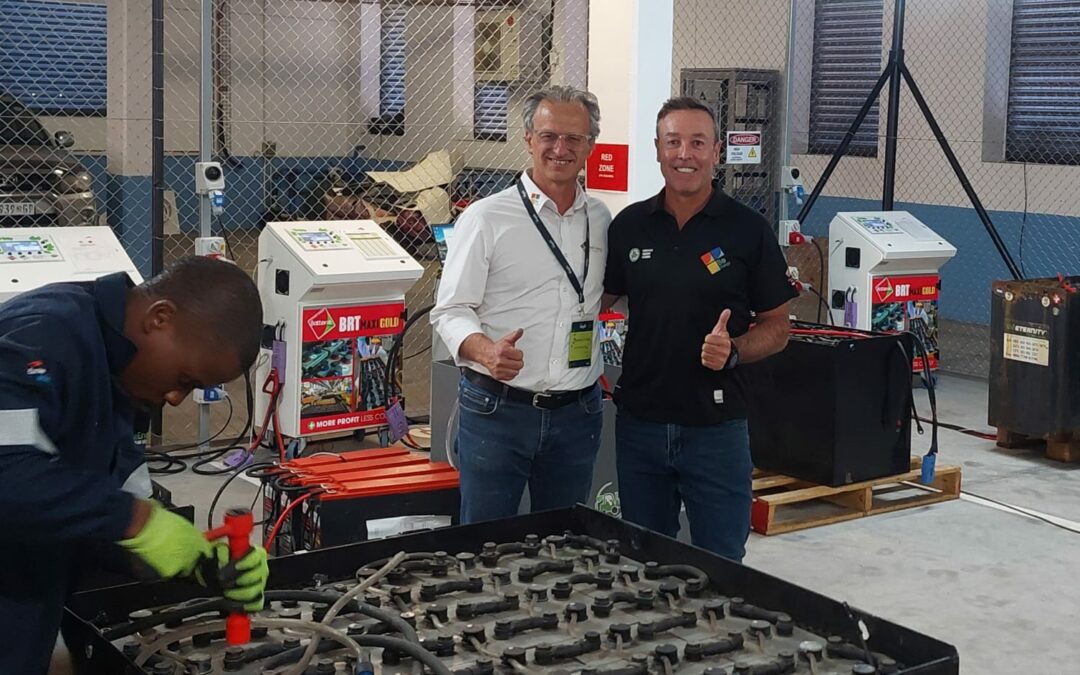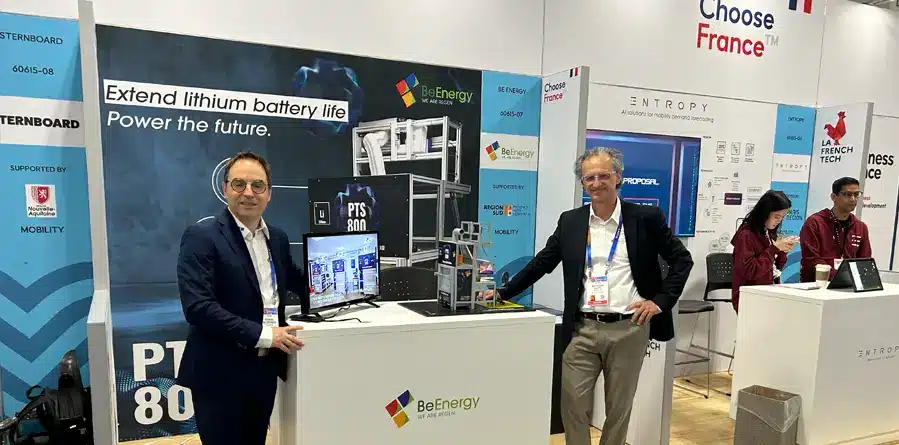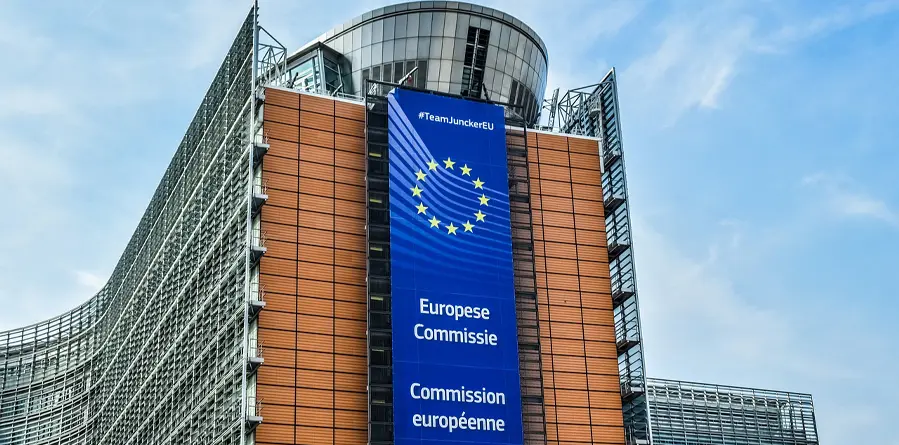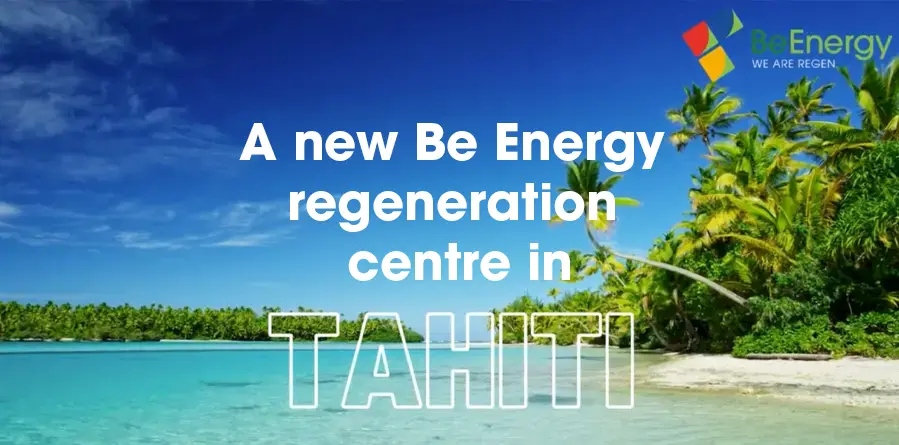In December 2022, Be Energy was certified to issue carbon credits on the voluntary market. This is a major achievement for the company based in the south of France, confirming its commitment to the ecological transition. As a member of the Coq Vert community (BPI France), Be Energy holds the EETE label (Entreprise Engagée pour la Transition Écologique) from ADEME.
Purpose and use of carbon credits
Carbon credits are certificates that authorise their holders to produce a given quantity of greenhouse gases, generally expressed in tonnes of CO2. Designed through international agreements, including the Kyoto Protocol, their aim is to control global emissions of the gases responsible for global warming.
Carbon credits operate using the “cap and trade” method, which sets a limit on overall emissions and divides this total into individual units (carbon credits) that are then allocated or sold to companies.
If a company emits less than its greenhouse gas quota, it can sell its surplus credits to another company that exceeds its own quota. In this way, carbon credits encourage the reduction of greenhouse gas emissions by giving a monetary value to the environment while offering flexibility to companies.
Issuing carbon credits: a great initiative for Be Energy and its customers
To date, Be Energy has issued more than 500 tons of carbon credits. The new production site in Avignon will soon reach a stable capacity of around 1,500 tons of CO2 per year, as part of its battery regeneration activity. Ongoing projects to regenerate oil, Nimh batteries and small lithium batteries will certainly increase the capacity of Be Energy, currently one of the only companies in the south of France to hold the EETE label and to emit carbon credits.
Preparing for the tightening of European taxonomy and non-financial accounting rules
The new European taxonomy classifies economic activities that have a positive impact on the environment. Regulations and measures are encouraging companies to invest more in so-called ‘green’ activities. “The constraints are going to get tougher, because the regulatory environment is going to change,” says Bertrand Coste, founder and director of BE Energy.
From 2026, the introduction of extra-financial accounting rules will affect companies, whose performance will be examined beyond financial results alone. “Companies with good extra-financial accounting will find it easier to access affordable credit rates and more attractive loans”, explains Bertrand Coste, encouraging both large and small companies to prepare for these new regulations.
Solutions to companies’ CSR requirements
The transport decarbonation products offered by Be Energy, battery regeneration on the one hand and oil regeneration on the other, correspond perfectly to the demands of the market and the CSR constraints of companies.
With its innovative solutions, BE Energy is contributing to six of the UN’s Sustainable Development Goals, including Goal 13: “Action on Climate Change”. This objective, recalled in the certification report of 8 December 2022, states: “The reconditioning of batteries contributes to the reduction of greenhouse gas emissions by promoting the use of renewable energy and reducing electronic waste. A battery reconditioned using Be Energy technology has 89% less impact than a new battery”.
“For the past year and a half, we have been offering CO2 equivalents to our customers and, from 2024, they will be systematically included on our invoices”, explains the director of Be Energy. The purchase of carbon credits, for companies wishing to anticipate changes in European taxonomy rules, is therefore a logical step. With Be Energy, it’s also an opportunity.
For more information, contact Be Energy.

